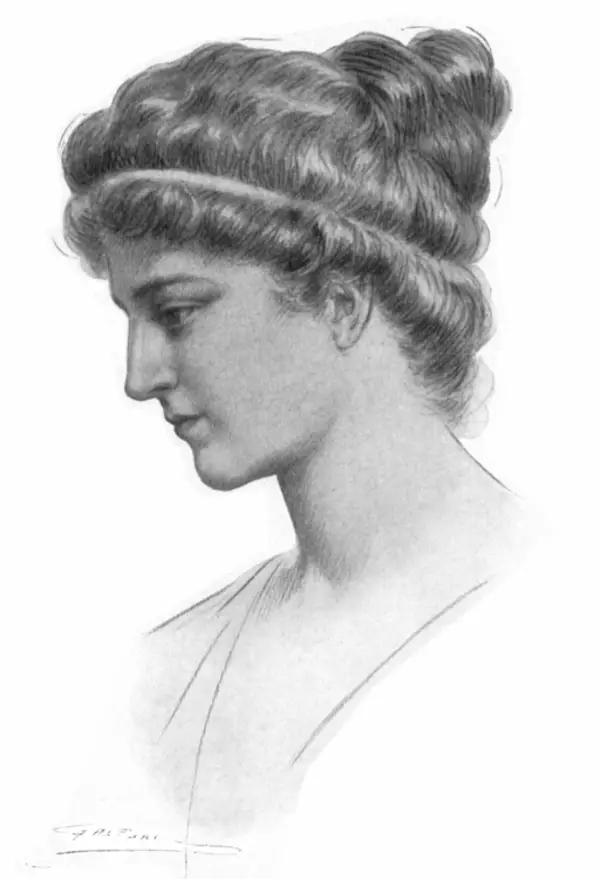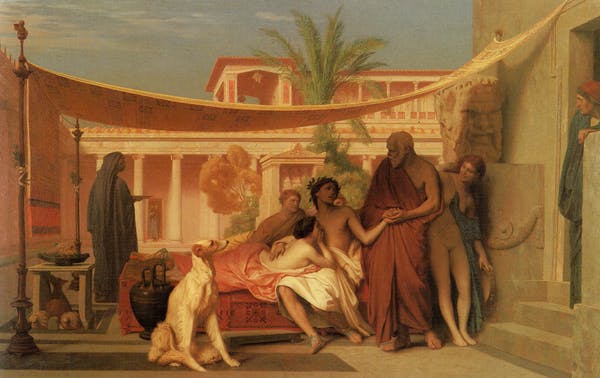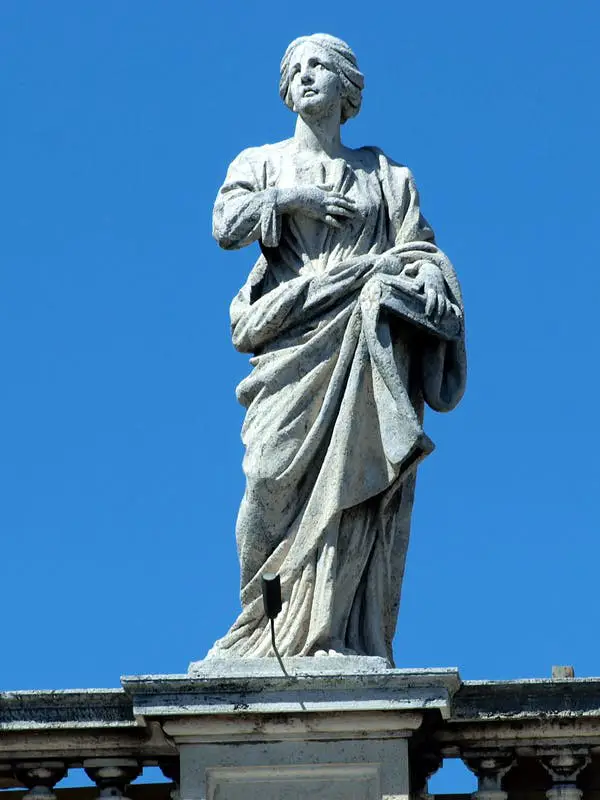In my first year of university, I took a course in Philosophy. Throughout this course, a female philosopher was never mentioned, not even in passing, not once. So imagine my shock when I actually realized that female philosophers actually did exist, but they were just erased, and slowly they became lost in history.
It is important that we do not allow these women and their impact to be erased, and frozen in time. These women worked hard, contributing to the development and evolution of philosophy as well. In a field like philosophy, viva voce is a very important way of preserving history. However, as technology advanced the historical relevance of these women should have been preserved as well. Several decades later, verbal and opinionated women are still suffering from erasure from the media and documentation.
Article Content
Here are 5 ancient female philosophers you need to know.
Clea
Clea was an ancient priestess who was active around 100 CE. She played a very important role, influencing politics during her time. Clea believed in the supremacy of philosophy and its importance in the political system, influencing the political system at the time. She had several intellectual conversations with Plutarch, which he claims even influenced his views of death and virtue, and he referenced her in some of his works.
Sosipatra
Sosipatra was born near Ephesus around the 4th century CE to a very wealthy family. She was a successful and brilliant teacher during her time and was very passionate about her family as well. She studied mysticism and eventually became a renowned teacher in Neoplatonic religion. She was married to Eustathius of Cappadocia, who was also an expert as well. However, it was recorded by Eunapius that Sosipatra was wiser and her fame was greater even than her husband’s.
Hypatia of Alexandria

Hypatia was a renowned Greek Neoplatonist philosopher and mathematician, who lived in Alexandria, Egypt. She made history by becoming the first female mathematician whose works were recorded. She constructed several astrolabes and hydrometers but didn’t invent any. Throughout her life, she considered herself a pagan, even though she was quite tolerant to other religions, like Christianity. Ironically, she was eventually murdered by a Christian mob.
Aspasia of Miletus

Aspasia was born around 400 BCE was about the most famous woman in Athens during her time. She was a consort to Pericles, an Athenian statesman and she often attracted a lot of attention to herself because of her intelligence. Although she was a metic ( a foreigner who isn’t from Athens) she eventually bore Pericles a son outside wedlock. Aspasia was famous for living her life just as she pleased. She also defied a lot of restrictive and harsh policies that Athens had imposed on women at the time. She also influenced one of the greatest philosophers, Socrates with her work as he mentioned that she taught him how to construct persuasive speeches.
Macrina the Younger

Macrina was born in Cappadocia to a well-educated and influential family. She became a nun and she served in the Early Christian church and is now remembered as a saint in the Catholic church today. Her younger brother who wrote a book about her describes her as chaste and humble. She was said to have dedicated her life to asceticism, abstaining from all forms of sexual pleasures. One of the most iconic contributions she made during her lifetime was establishing a monastic community of virgins alongside her mother. In the community, even slaves were allowed to be free and everyone was treated in the same way. She died in Pontus after she had established a monastery and convent to serve God.
Reading these great women’s contributions makes me wonder how many more women’s voices have been lost over time. We must celebrate these women’s contributions to philosophy, their teachings, and their beliefs so that their impact is never erased.
Read Also: Maya Angelou Becomes First Black Woman to Feature on US Coin

